GOVT MEASURES TO ASSIST AFFECTED INDUSTRIES
입력 2020.03.19 (16:14)
수정 2020.03.19 (16:45)
읽어주기 기능은 크롬기반의
브라우저에서만 사용하실 수 있습니다.
[Anchor Lead]
The government has presented additional measures to help the hardest-hit industries such as aviation, tourism and export. Most assistance programs have to do with fee exemptions and low-interest loans, but some suggest directly injecting cash to where it is needed the most.
[Pkg]
As of March 16th, about 16-thousand people used Incheon International Airport. That's merely a tenth of the number from a year ago. Airliners are expected to lose over six trillion won in sales in just the first six months of the year.
[Soundbite] (AVIATION INDUSTRY EMPLOYEE(VOICE MODIFIED)) : "Overseas routes have been closed due to COVID-19. We are trying to cut corners by even slashing labor costs, but we're worried about what's going to happen in the future."
This is why the government presented additional measures to help out the industries directly affected by COVID-19. Starting this month, assorted fees and charges for the aviation industry will be reduced or exempted. For instance, landing fee will be slashed by 20%. The airliners' traffic rights and airport slots will also be maintained. The government's plans also include 500 billion won in guarantee so that small and medium businesses can sell their export receivables quickly and 50 billion won in special loans to the tourism industry. Bus companies, shipping businesses, and the performing arts sector will also receive needed support.
[Soundbite] HONG NAM-KI(DEPUTY PRIME MINISTER FOR ECONOMY) : "Korea will faithfully carry out these special measures to overcome the crisis rapidly, restore the economy, and revive the economic momentum."
But most of the measures are limited to reducing costs.
[Soundbite] CHO YOUNG-MU(LG ECONOMIC RESEARCH INSTITUTE) : "Cutting costs may help reduce deficit, but that may not be enough to weather this crisis."
Direct cash assistance may be needed in addition to these plans in order for Korean industries to survive this crisis.
The government has presented additional measures to help the hardest-hit industries such as aviation, tourism and export. Most assistance programs have to do with fee exemptions and low-interest loans, but some suggest directly injecting cash to where it is needed the most.
[Pkg]
As of March 16th, about 16-thousand people used Incheon International Airport. That's merely a tenth of the number from a year ago. Airliners are expected to lose over six trillion won in sales in just the first six months of the year.
[Soundbite] (AVIATION INDUSTRY EMPLOYEE(VOICE MODIFIED)) : "Overseas routes have been closed due to COVID-19. We are trying to cut corners by even slashing labor costs, but we're worried about what's going to happen in the future."
This is why the government presented additional measures to help out the industries directly affected by COVID-19. Starting this month, assorted fees and charges for the aviation industry will be reduced or exempted. For instance, landing fee will be slashed by 20%. The airliners' traffic rights and airport slots will also be maintained. The government's plans also include 500 billion won in guarantee so that small and medium businesses can sell their export receivables quickly and 50 billion won in special loans to the tourism industry. Bus companies, shipping businesses, and the performing arts sector will also receive needed support.
[Soundbite] HONG NAM-KI(DEPUTY PRIME MINISTER FOR ECONOMY) : "Korea will faithfully carry out these special measures to overcome the crisis rapidly, restore the economy, and revive the economic momentum."
But most of the measures are limited to reducing costs.
[Soundbite] CHO YOUNG-MU(LG ECONOMIC RESEARCH INSTITUTE) : "Cutting costs may help reduce deficit, but that may not be enough to weather this crisis."
Direct cash assistance may be needed in addition to these plans in order for Korean industries to survive this crisis.
■ 제보하기
▷ 카카오톡 : 'KBS제보' 검색, 채널 추가
▷ 전화 : 02-781-1234, 4444
▷ 이메일 : kbs1234@kbs.co.kr
▷ 유튜브, 네이버, 카카오에서도 KBS뉴스를 구독해주세요!
- GOVT MEASURES TO ASSIST AFFECTED INDUSTRIES
-
- 입력 2020-03-19 16:11:43
- 수정2020-03-19 16:45:47
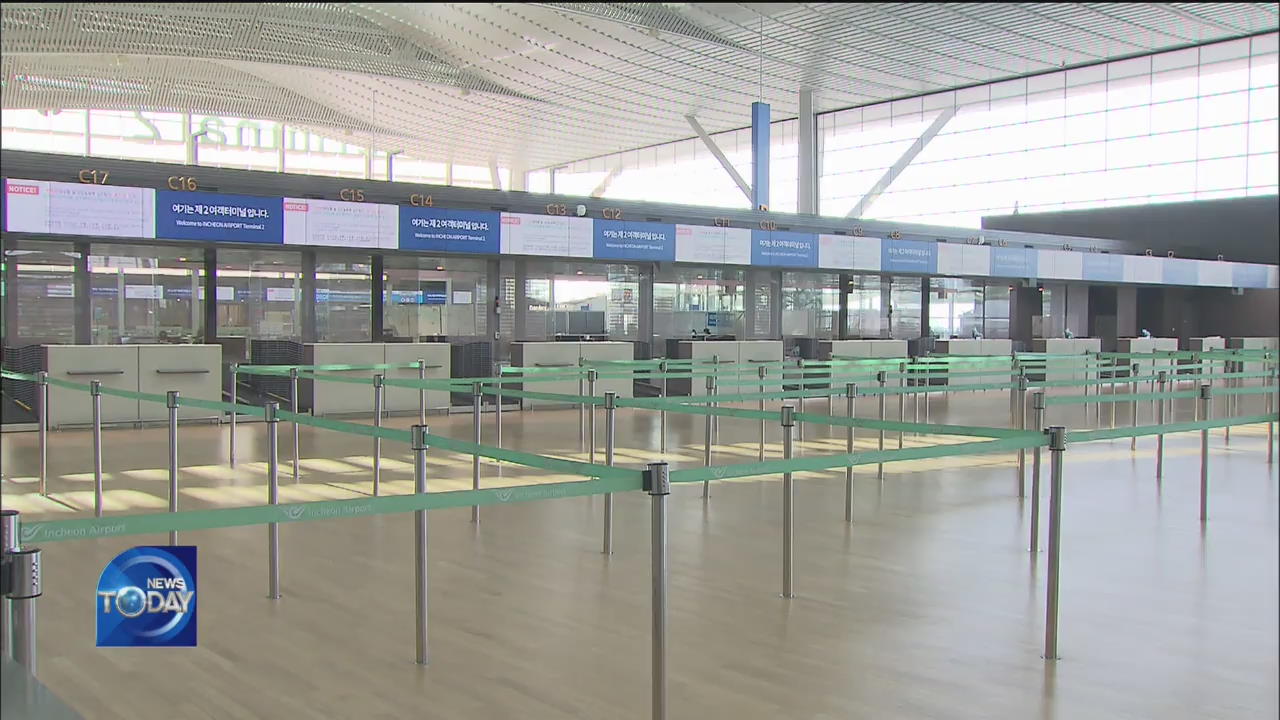
[Anchor Lead]
The government has presented additional measures to help the hardest-hit industries such as aviation, tourism and export. Most assistance programs have to do with fee exemptions and low-interest loans, but some suggest directly injecting cash to where it is needed the most.
[Pkg]
As of March 16th, about 16-thousand people used Incheon International Airport. That's merely a tenth of the number from a year ago. Airliners are expected to lose over six trillion won in sales in just the first six months of the year.
[Soundbite] (AVIATION INDUSTRY EMPLOYEE(VOICE MODIFIED)) : "Overseas routes have been closed due to COVID-19. We are trying to cut corners by even slashing labor costs, but we're worried about what's going to happen in the future."
This is why the government presented additional measures to help out the industries directly affected by COVID-19. Starting this month, assorted fees and charges for the aviation industry will be reduced or exempted. For instance, landing fee will be slashed by 20%. The airliners' traffic rights and airport slots will also be maintained. The government's plans also include 500 billion won in guarantee so that small and medium businesses can sell their export receivables quickly and 50 billion won in special loans to the tourism industry. Bus companies, shipping businesses, and the performing arts sector will also receive needed support.
[Soundbite] HONG NAM-KI(DEPUTY PRIME MINISTER FOR ECONOMY) : "Korea will faithfully carry out these special measures to overcome the crisis rapidly, restore the economy, and revive the economic momentum."
But most of the measures are limited to reducing costs.
[Soundbite] CHO YOUNG-MU(LG ECONOMIC RESEARCH INSTITUTE) : "Cutting costs may help reduce deficit, but that may not be enough to weather this crisis."
Direct cash assistance may be needed in addition to these plans in order for Korean industries to survive this crisis.
The government has presented additional measures to help the hardest-hit industries such as aviation, tourism and export. Most assistance programs have to do with fee exemptions and low-interest loans, but some suggest directly injecting cash to where it is needed the most.
[Pkg]
As of March 16th, about 16-thousand people used Incheon International Airport. That's merely a tenth of the number from a year ago. Airliners are expected to lose over six trillion won in sales in just the first six months of the year.
[Soundbite] (AVIATION INDUSTRY EMPLOYEE(VOICE MODIFIED)) : "Overseas routes have been closed due to COVID-19. We are trying to cut corners by even slashing labor costs, but we're worried about what's going to happen in the future."
This is why the government presented additional measures to help out the industries directly affected by COVID-19. Starting this month, assorted fees and charges for the aviation industry will be reduced or exempted. For instance, landing fee will be slashed by 20%. The airliners' traffic rights and airport slots will also be maintained. The government's plans also include 500 billion won in guarantee so that small and medium businesses can sell their export receivables quickly and 50 billion won in special loans to the tourism industry. Bus companies, shipping businesses, and the performing arts sector will also receive needed support.
[Soundbite] HONG NAM-KI(DEPUTY PRIME MINISTER FOR ECONOMY) : "Korea will faithfully carry out these special measures to overcome the crisis rapidly, restore the economy, and revive the economic momentum."
But most of the measures are limited to reducing costs.
[Soundbite] CHO YOUNG-MU(LG ECONOMIC RESEARCH INSTITUTE) : "Cutting costs may help reduce deficit, but that may not be enough to weather this crisis."
Direct cash assistance may be needed in addition to these plans in order for Korean industries to survive this crisis.
이 기사가 좋으셨다면
-
좋아요
0
-
응원해요
0
-
후속 원해요
0










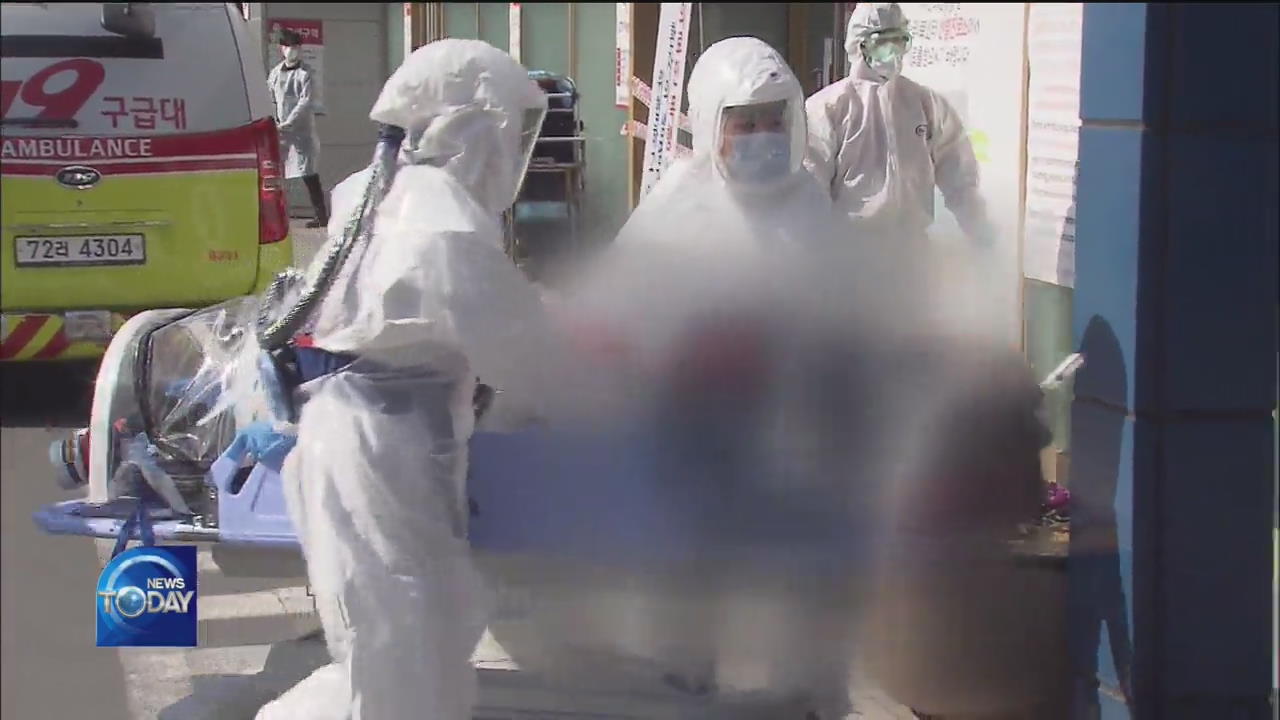
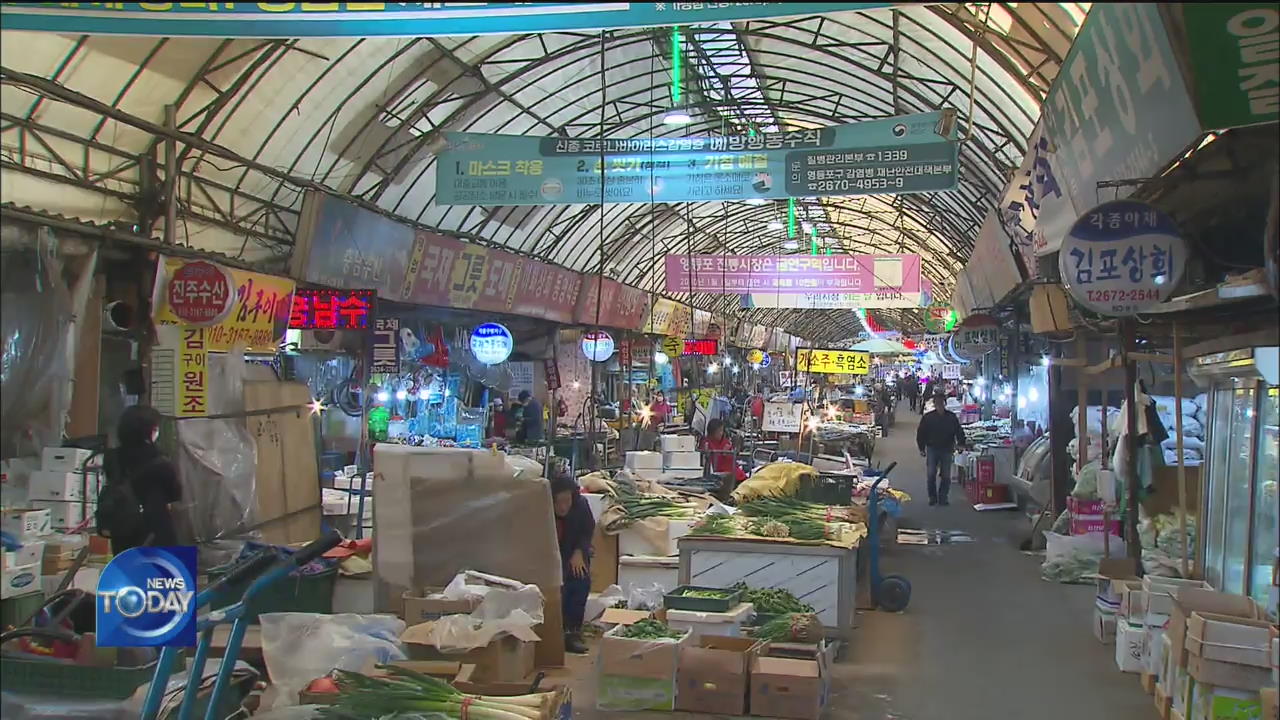
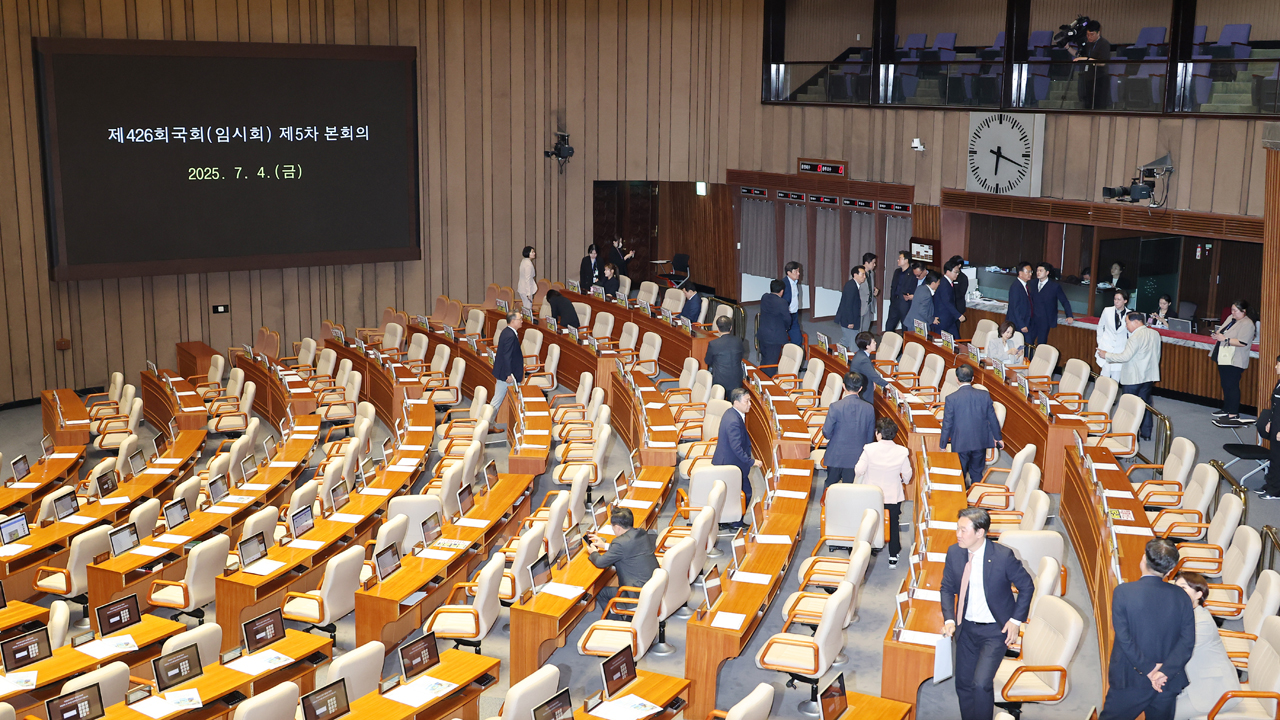
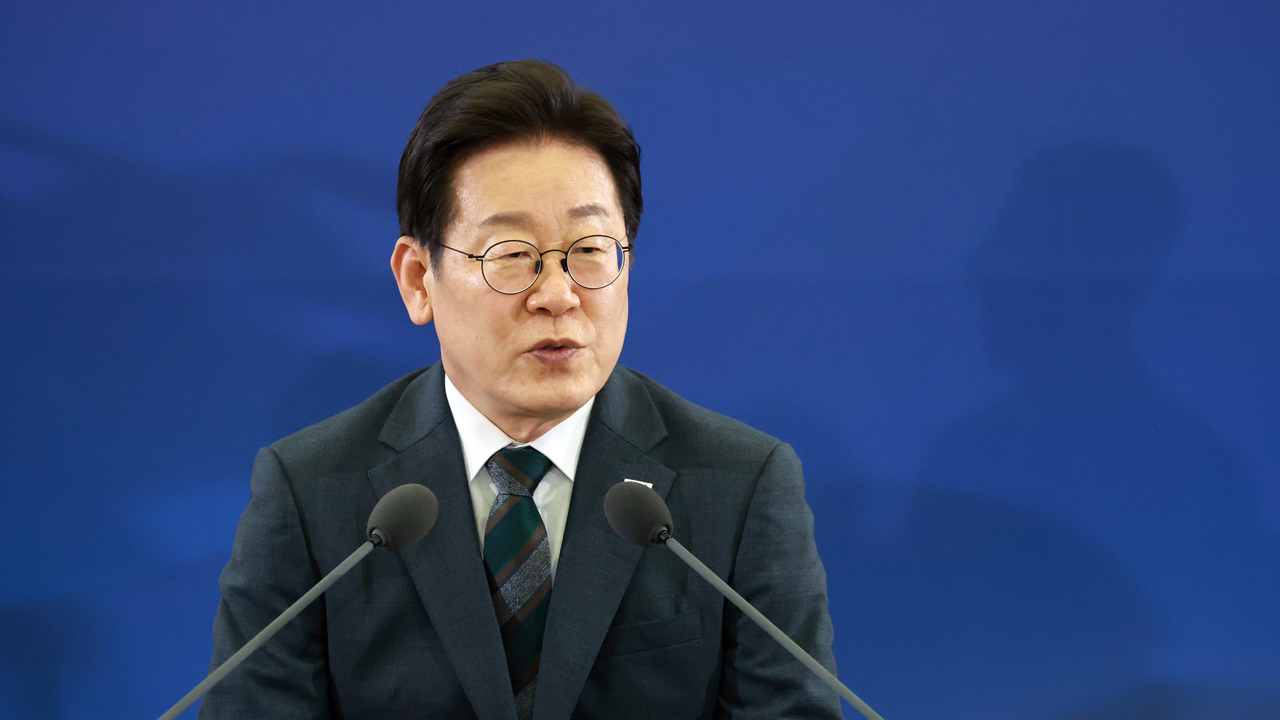

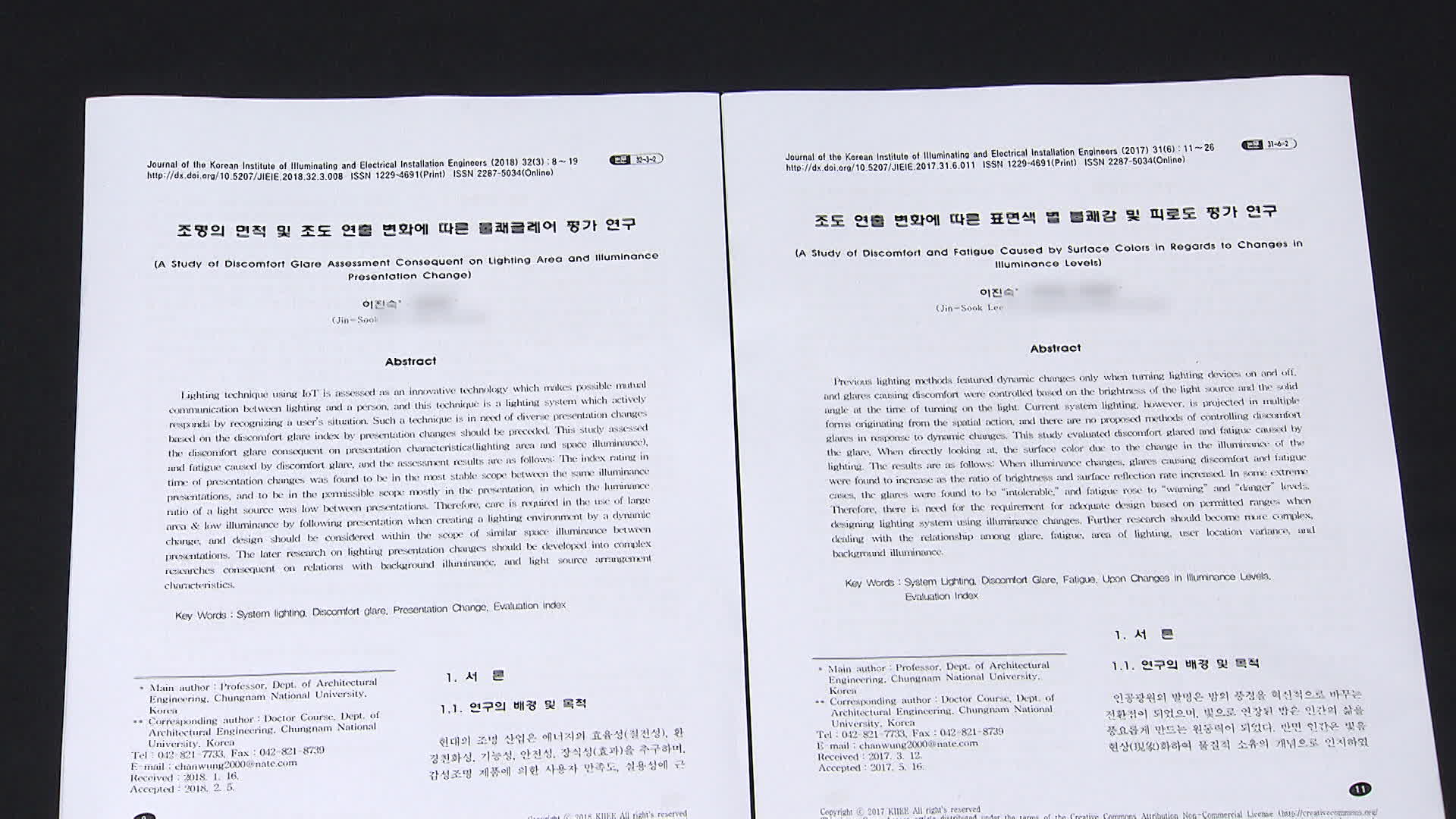

이 기사에 대한 의견을 남겨주세요.